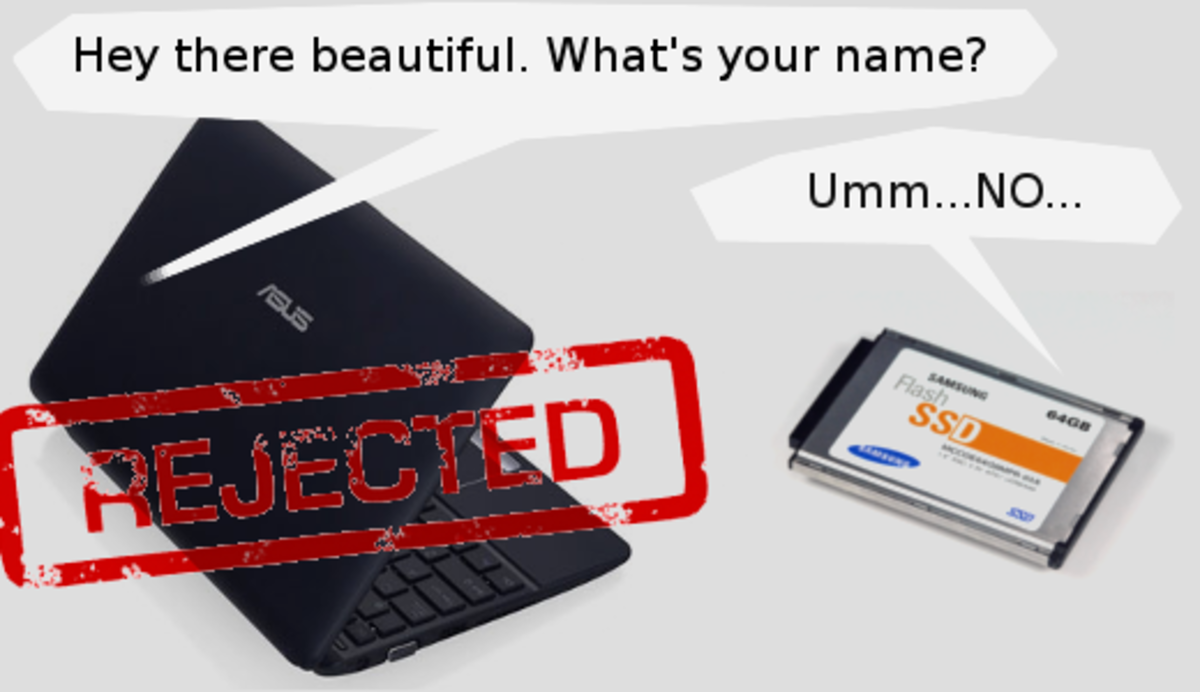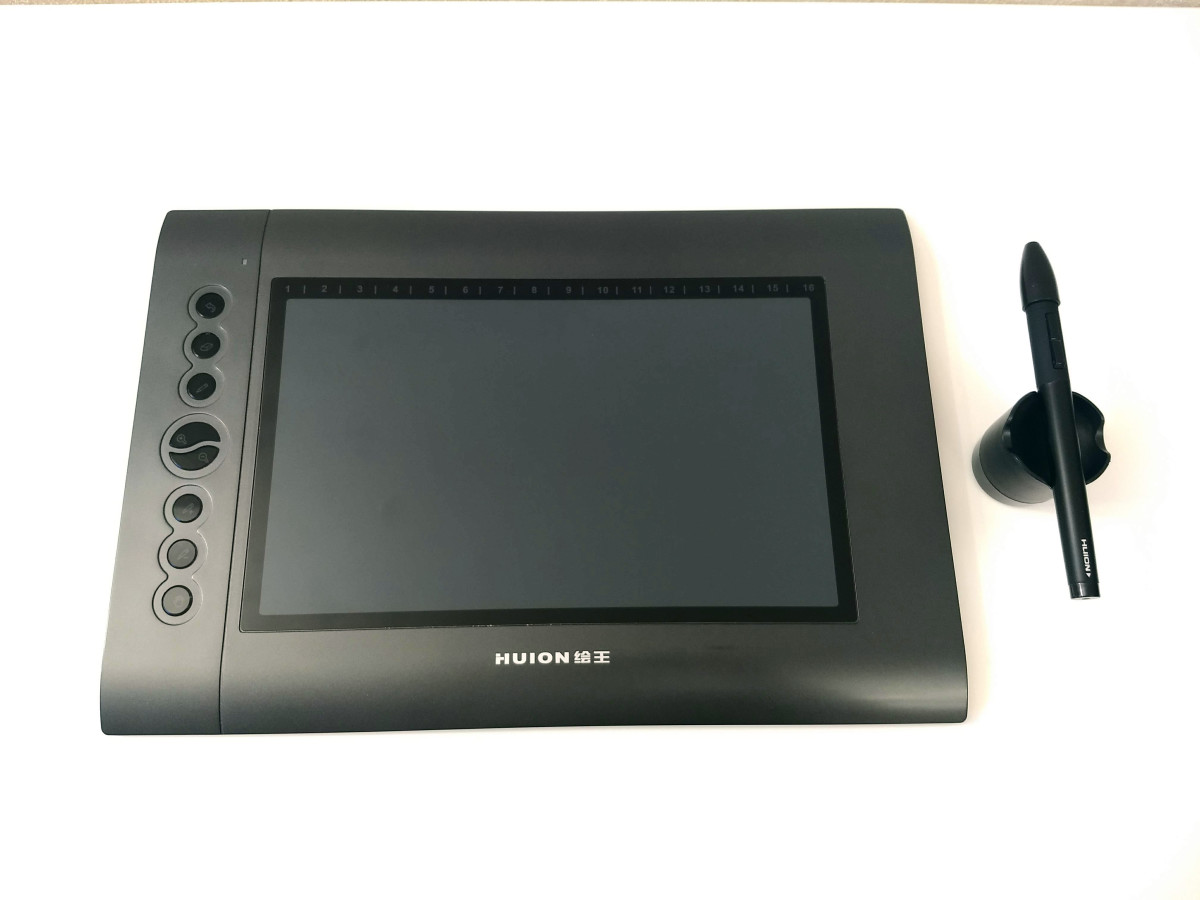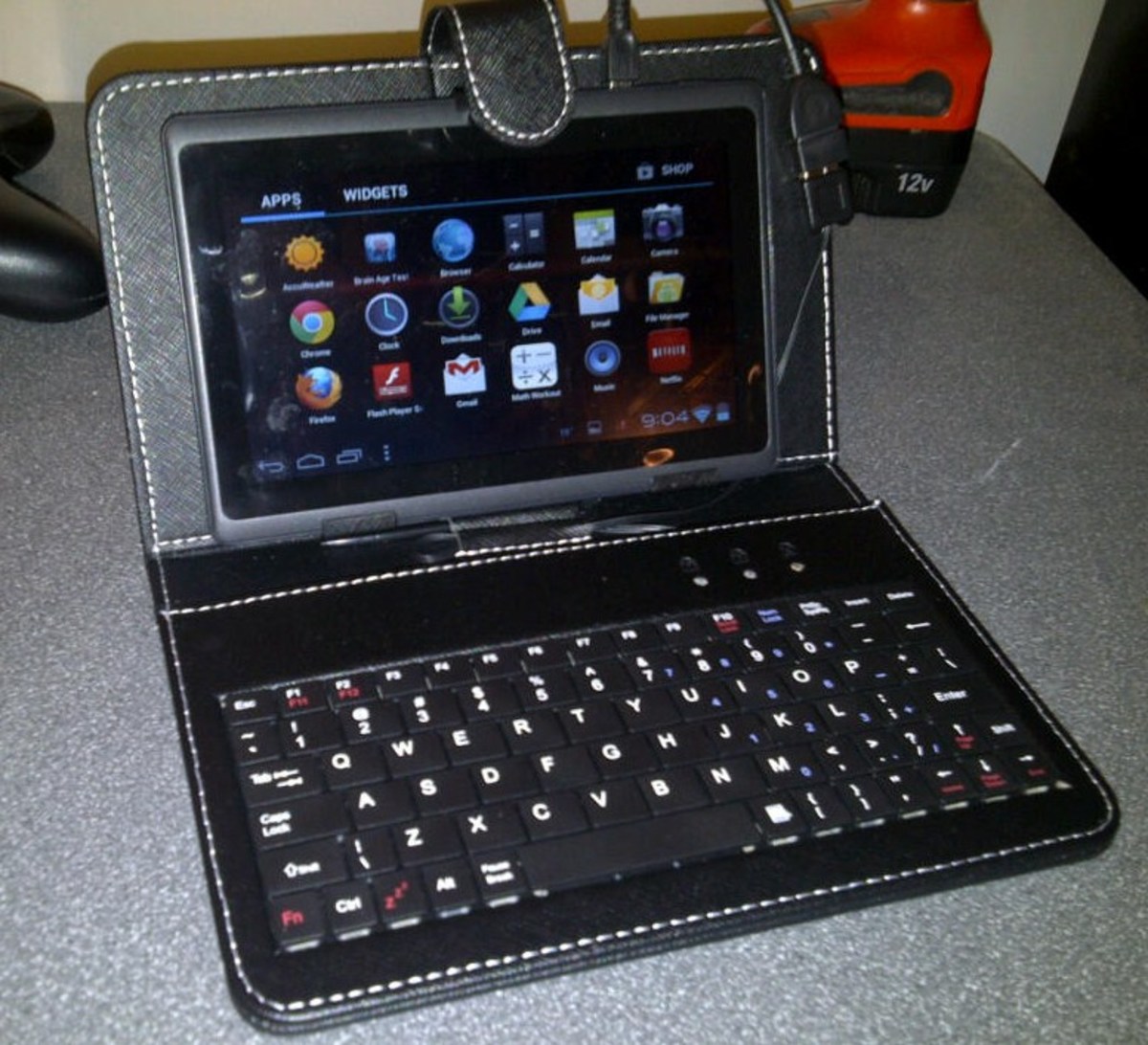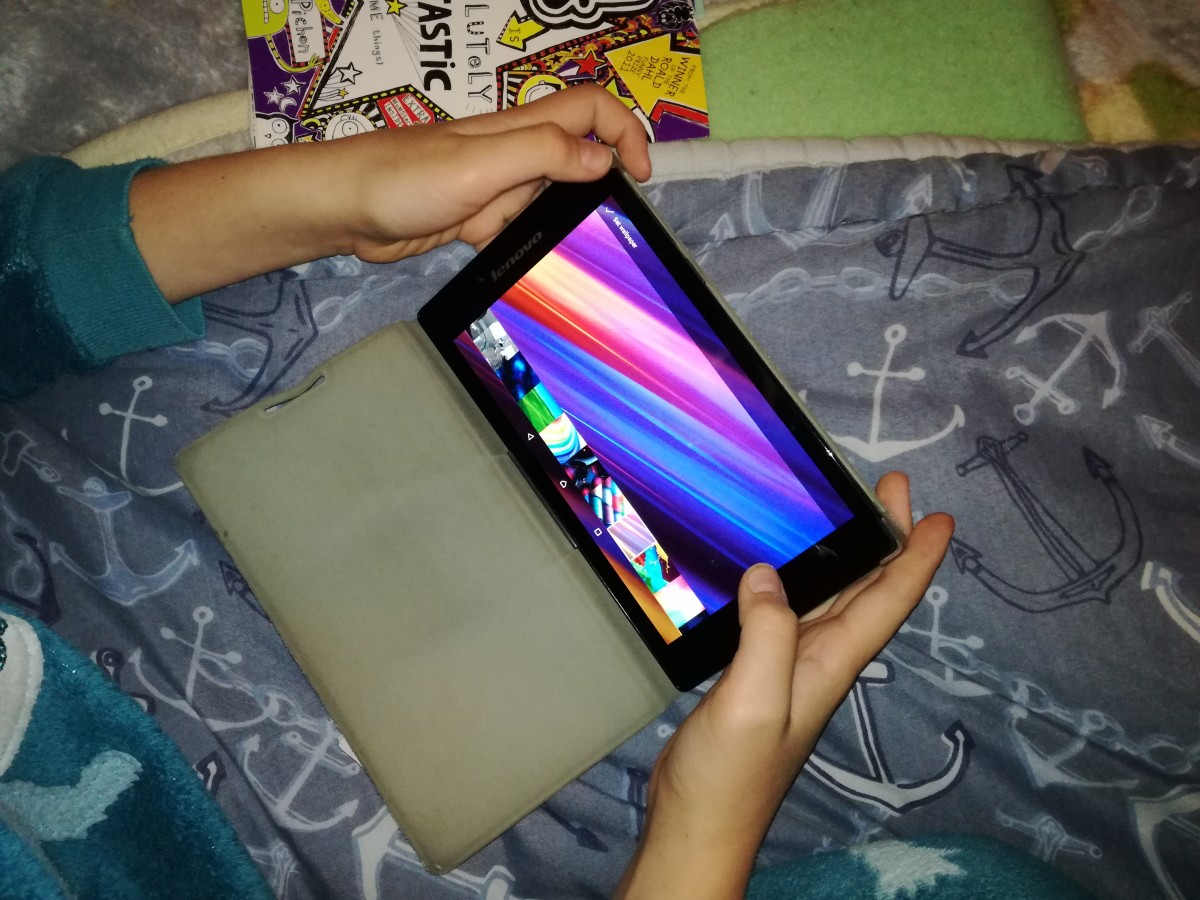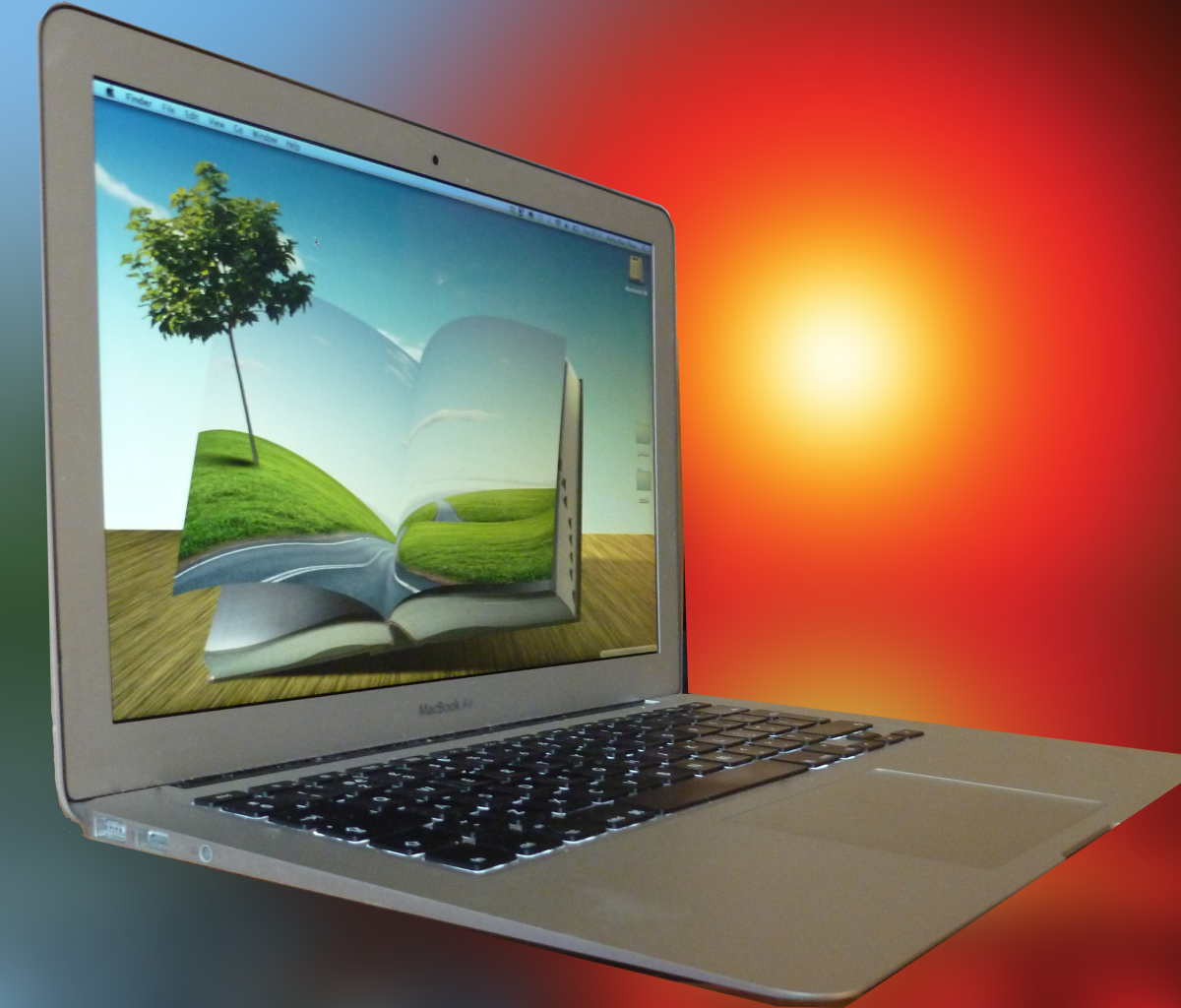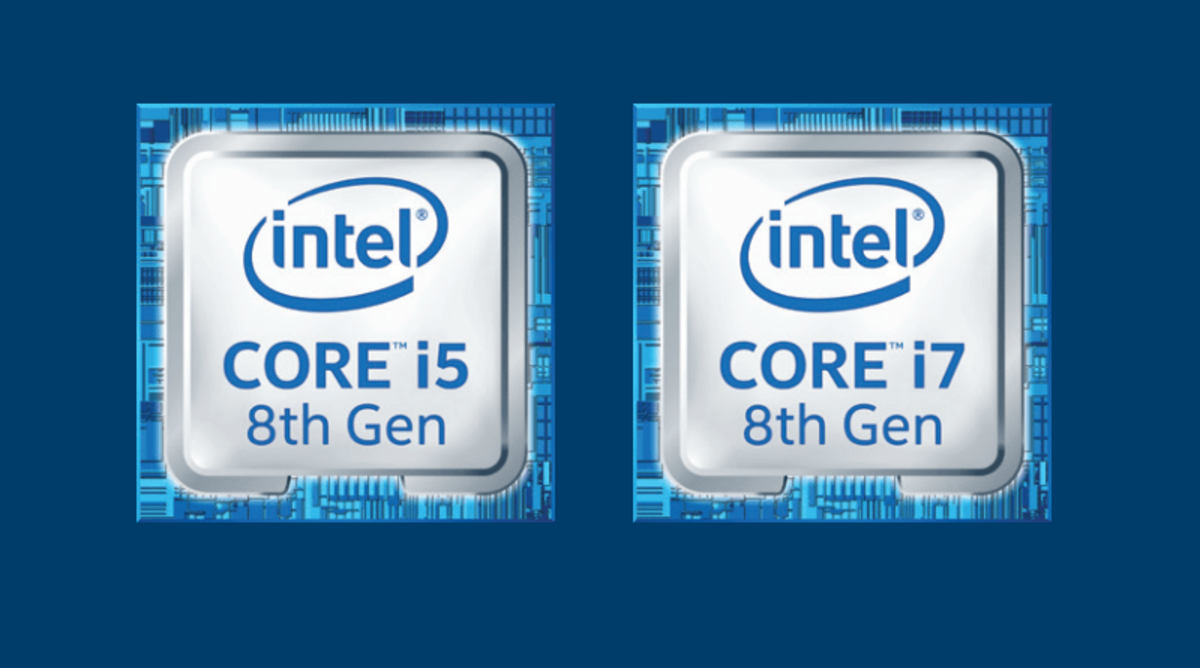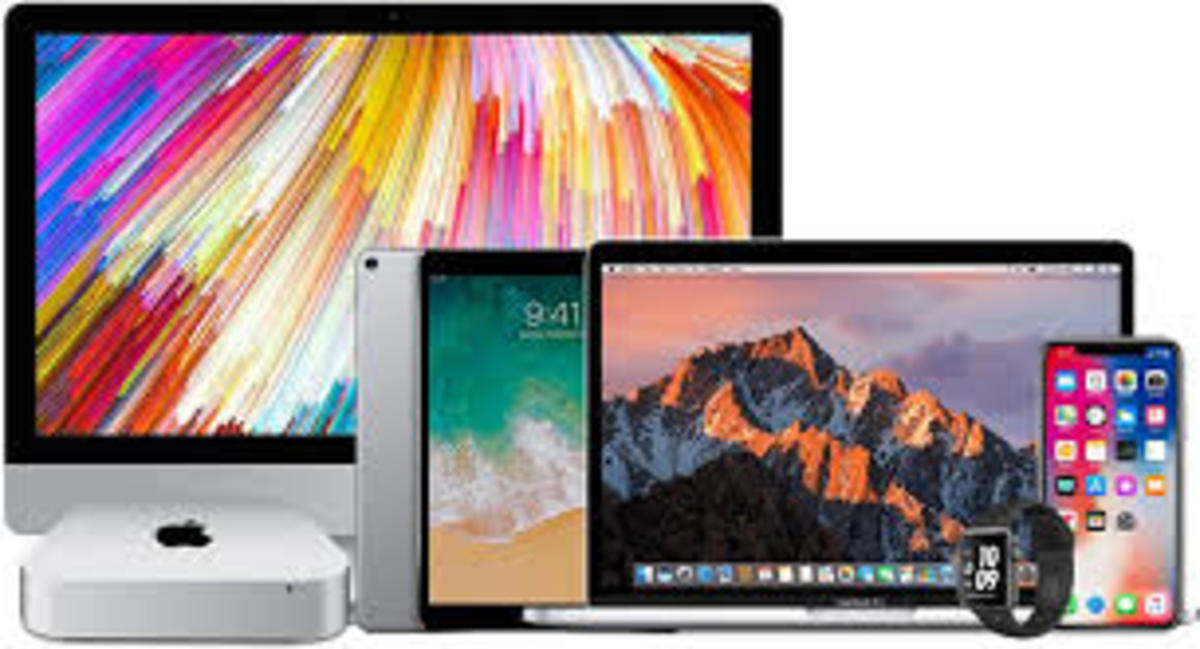- HubPages»
- Technology»
- Computers & Software»
- Computer Buying Guides
The Death of the Netbook
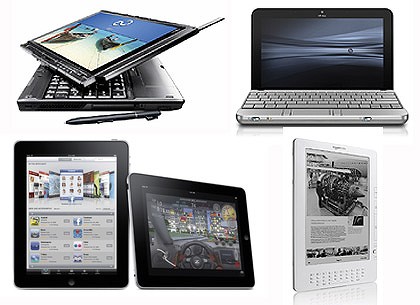
Is there still space in the world for netbooks? Five years ago, the entire world fell in love with the idea of cheap, lightweight computers that could do almost anything. Netbooks shot to the top of the popularity charts so fast that every single PC maker jumped aboard and a whole new device category was born. Today, though, there might not be much reasons for that category to exist anymore.
Netbooks are good at being cheap, portable, and simple to use, but they aren't good at satisfying the needs of users as they grow beyond basic tasks. They might be convenient, but it's hard justifying the cost today when a much more capable laptop can be had for just a few thousands rupees more. The hardware is underpowered, the preloaded Windows Starter Edition just looks anemic, and no single model has yet managed to work a comfortable keyboard and trackpad into package only large enough for a 10-inch screen.
In fact, netbooks never did take off in way they were intended to. For all the reasons above, they never gained much foothold as entry-level PCs for low-income buyers. It's only because they caught the public fancy as inexpensive secondary gadgets that they ever sold in large quantity. However, are much more suitable as portable entertainment gadgets, so even that appeal is lost.
Today, it all boils down to what you want to use your tablet or netbook for. Netbooks are cheaper than tablets and are often more versatile, although many people get quickly accustomed to the ways in which tablets are limited and therefore don't mind this so much. There's no sense in comparing the two types of devices spec-for-spec, since they're designed to be used in vastly different ways. For all the convenience of IOS or android, a tablet cannot provide the kind of experience that a Windows or Linux based netbook can. I decided to spend equal amount of time with an iPad 2 and an Asus Seashell, giving them equal opportunities, and seeing which turned out to be more suitable in each situation.
The experiences
The first situation in which I had to choose a netbook or teblet was while traveling. If I had to choose only one device to put into my backpack, it would have to be a tablet. The netbook weighs 1.25 kg. While the iPas 2 weighshalf as much, at 600 grams. The difference is noticeable, but If you're willing to put up with a netbook, also keep in mind that today's ultraportable laptops start at around 1.4 kgs.
I took both for a spin during Computer in Taipei earlier this year. Unsurprisingly, the iPod proved to be an excellent choice for entertainment and web surfing, but in situations where I needed to dash to a computer, it was frustratingly limited. The iPad was undoubtedly easier and more handy to use while waiting in airport and sitting in cramped economy class seats. I watched videos, read ebooks, and twiddled around on the web whenever Wi-Fi was available. However when it came to things like previewing and uploading photos, replying to email and putting together articles, I found myself stashing the iPad back in my bag and heading for the public terminals provided for the press. the netbook also came in handy when checking out press materials handed out on pen drives, and In several situations. the only available Internet access was via cellphone tethering-I would have had to go hunting for a microSIM for the iPad and spend extra money on it, but could simply hook up the netbook via a USB cable. Lesson learn: When traveling for work, you can't beat the versatility of a full computer, even if it's a small, weak one.
Back at home, I found the netbook pretty much never came out of its bag. For every possible use situation, the iPad proved more comfortable and fun. There are tons of brilliant free ebooks available online, and I found myself reading more in a month than I had all of last year. With a home media server and Wi-Fi everywhere, there is literally an app for everything. There were of course times when I needed to multitask more, with browsers and chat windows running, but in those situations I always walked over to my PC rather than taking out the netbook. There was no advantage left for the netbook-the tiny screen and keyboard make it worthwhile only when a desktop or laptop isn't available. If I ever have to choose only one cheap device at home, it would have to be a netbook, but if I wanted a secondary gadget for my own entertainment, I know now that the iPad wins hands down.
Which brings us to the budget question. If you already have a PC or laptop and are looking for a companion device or gadget, a tablet will give you more choice and flexibility. If you're buying a netbook or tablet because it's the only thing you can afford, you'd be better served by the netbook, but you should still seriously consider saving some more and buying a cheap laptop.
So tablets are great if you can afford an indulgent lifestyle, but netbooks still have a place in the world. Laptops far outclass netbooks in terms of power, and tablets temp them when it comes to weight. The purpose of the exercise was to figure out whether netbooks still have a place in the world, and with this kind of competition on both sides, It's clear that they now appeal to only a narrow section of the buying public. The only advantage they have left is their low cost. That might be enough reasons for some, but it's a shrinking target group.

